Muscovy duck farming is very popular throughout the world. Because it is a very old and popular breed of domestic ducks. The Muscovy ducks are generally large in size and native to Mexico, Central and South America. But today, the breed is highly available and common throughout the world.
The Muscovy is the only domesticated duck breed that is not derived from the Mallard duck. And it is actually a wild Central/South American species that has been domesticated. And the Muscovy is a very unique breed of duck.
Although the Muscovy ducks are not true ducks, but it’s simply called as duck (but it is close cousin to the common ducks). And it’s actually a completely different species of waterfowl, the cairina moschata.
The Muscovy ducks are called by many other different names in different parts of the world. Their other names include Musk duck, Musky duck, Barbary duck, Musco ducks and many other different local names in many different parts of the world.
However, the Muscovy duck farming is very popular both for it’s meat and eggs. And commercial Muscovy duck farming can be a very good business idea. They are very hardy and strong birds and they grow relatively faster. So, commercial Muscovy duck farming can be a very good business idea.
How to Start Muscovy Duck Farming?
Starting a commercial Muscovy duck farming business is very easy and simple. Because the Muscovy ducks are relatively strong and hardy birds and they generally grow faster in relatively less care and other management.
Here we are trying to describe everything about starting and operating a successful Muscovy duck farming business from purchasing birds to caring and marketing.
Step 1. Purchase Ducks
First of all, you have to purchase very good quality, healthy and disease free birds from any of your nearest market or existing farms. But purchasing birds from any existing farms will be good. You can also search your local online classified websites for purchasing birds.
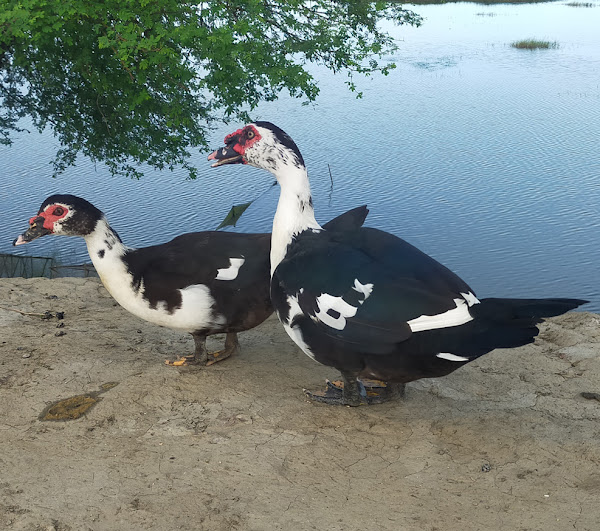
Step 2. Provide Good Housing
The Muscovy ducks are not picky about their shelter, like many other domestic duck breeds. They will be fine as long as their shelter is clean, safe and comfortable enough. 4-5 square feet housing space per bird will be enough.
Step 3. Ensure Nutritious Feeding
Feeding the birds with good quality and nutritious food is the most important part of Muscovy duck farming business. So you have to try to feed your ducks with enough good quality and nutritious foods. Never feed them with contaminated food and always provide them with enough clean and fresh water as per their demand.
Step 4. Breeding
Keep one male duck with 4-5 female ducks for good and successful breeding results. The Muscovy ducks are broody and they generally hatch their eggs.
Step 5. Take Good Caring
The Muscovy ducks are naturally very strong and hardy birds, and they generally require less caring. Although taking additional caring will ensure good growth and good health of the birds.
So try to take extra care of them along with feeding the birds with good quality foods and arranging a good shelter for them. Vaccinate them timely and keep good contact with a vet.
Step 6. Marketing
Marketing Muscovy duck’s products is not a problem. Muscovy duck’s meat and eggs have very good demand and value in the market. So you will probably be able to easily sell the products in the local market. Both meat and eggs of the Muscovy duck are of fine quality and good taste. The Muscovy ducks are also gaining popularity as backyard pets and also as exhibition birds.
These are the common steps and ways for starting and operating a successful Muscovy duck farming business. Hope this guide has helped you! Good luck and may God bless you!

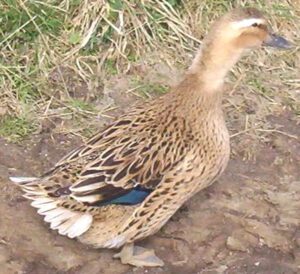
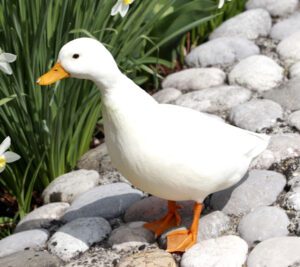
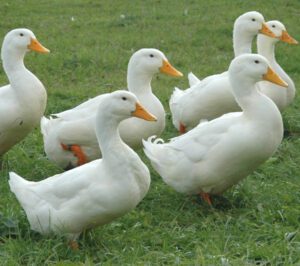
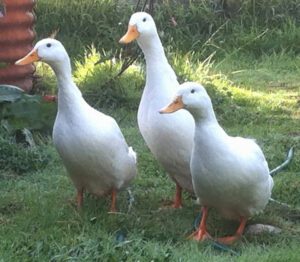
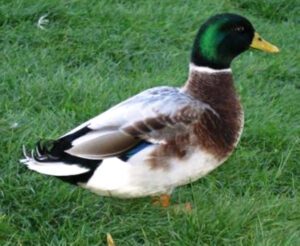
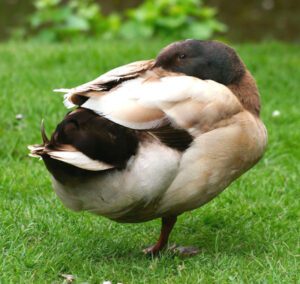
Do you have an email address as I like to send you a picture of one from our last flock of 10 looking like he is a cross with another breed of duck with very unusually features that maybe you could help identify.
Thanks
JIM
[email protected]